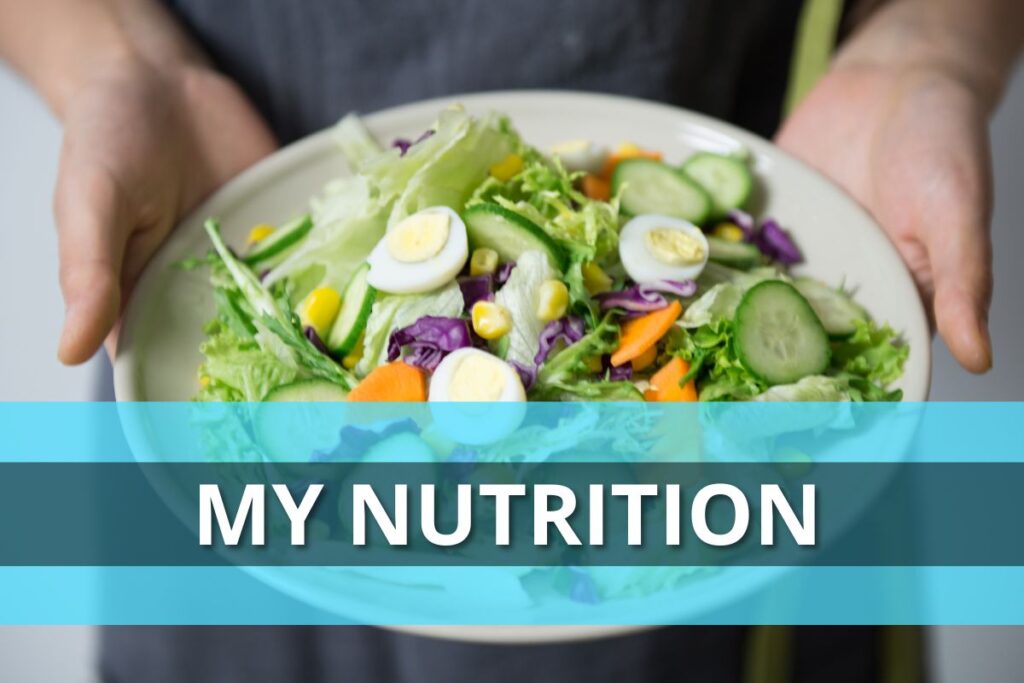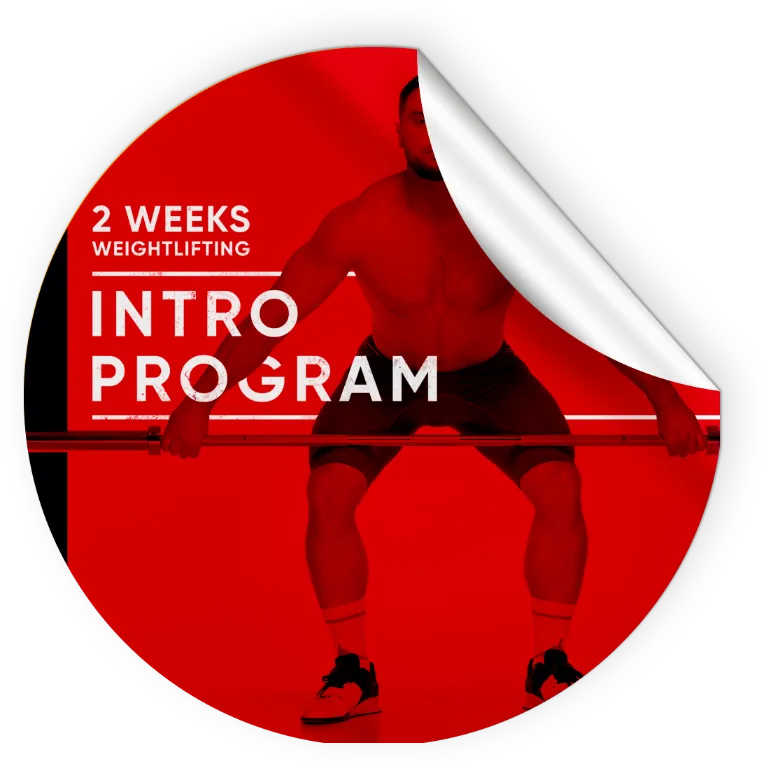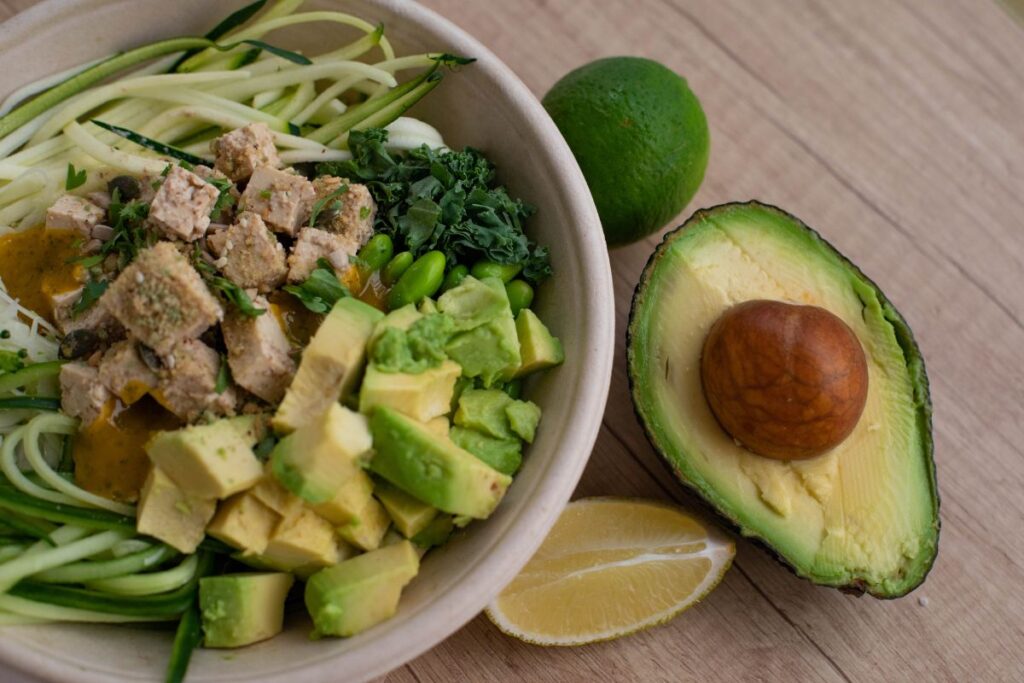My Nutrition
Author:
Unlock your full potential by engaging with our experts and community! Have questions about your fitness journey or looking for expert advice on weightlifting techniques? Don’t hesitate — leave a comment below and Sergii Putsov will provide a personalized answer and insights to help you reach your goals.
Torokhtiy is reader-supported. Some links are affiliate links, and we may earn a commission at no extra cost to you. See our disclosure page for details.

I often hear the question: “What do you eat?” I know there are plenty of approaches to structuring an athlete’s nutrition process, but I would like to share the experience and knowledge I’ve gained from doctors and nutritionists over the years of my sports career.
Today my story is not about training sessions. Instead I want to talk about nutrition, a very important and often overlooked part of the training process.
I was fourteen when I came to weightlifting. I was already tall enough, but since I weighed only 77 kg (170 lbs), I did not look much like a weightlifter. In those years, the advice I had from my first coach was just that if I wanted to lift heavy, all I needed to do was eat a lot, and eat the right things. My mother took this advice to heart and began feeding me in earnest. Her apple pie was the best I’ve ever had. Exercise and delicious home-cooked meals certainly got me results. By the age of sixteen I had grown to 92 kg (202 lbs), but even that wasn’t enough. I was skinny and that made it hard to use the correct body mechanics. It was scary to hold the barbell over my head because of how my muscles would shake.
Follow us!

Free!
Get a 2-week Weightlifting Program as a bonus for the subscription to kickstart your training plan!

Free!
You may like it:
In the national team, everything was very strict – my weight class was limited. Only after putting on mass would I be able to start lifting for real. There was no choice – I had to gain. But we all know that it is impossible to gain 13 kg of muscles in one day. Weighing in for the team was three times a week and I was under a special regimen. My morning started with two bottles of water to keep up with the schedule that the head coach planned, and in the evening, before going to bed, I ate a huge plate of oatmeal with condensed milk, butter, nuts, and raisins. I went outside to eat, because I was sick of the fact that I had to put this much food into me to gain the weight. The fresh air made it easier but it did not solve the problem. I still hated eating when I wasn’t hungry.

After a while I weighed 101-103 kg, but I still needed 108-109 of a quality muscle mass. I needed to try something else.
In 2010, when I was focused on preparation for the Olympic Games in London, I turned to a dietitian for the help I needed. He taught me about the balance of calories (the right sorts of calories versus empty calories), different types of carbohydrates, the importance of fats, proteins and water intake.
I also learned from doctors how important the quality of my food was and how many people exaggerate the importance of sports supplements and underestimate the importance of consuming regular food.
Many athletes and even coaches believe it is impossible to eat according to a planned menu because of the difficulties in cooking food wherever you happen to be, not to mention the monotony of eating the same food over and over. However, I believe the discomfort and complexity are temporary. An athlete can adapt and adjust to what is needed to reach the goal. When you start to see that sticking to a strict menu can help you complete your training plans, and you see the results on your scale day after day, and you see the muscle mass being added on, it becomes clear that it’s worth it.

I know there are plenty of approaches to structuring an athlete’s nutrition process, but I would like to share the experience and knowledge I’ve gained from doctors and nutritionists over the years of my sports career. The kind of muscular work performed in weightlifting is very different from bodybuilding and powerlifting, so I don’t recommend copying the regimens and menus. Pose and bench pressing is not our priority.
My approach in planning the menu has two prongs: result and health. I believe if the athlete’s menu contradicts normal metabolism, he will face general health problems sooner or later, and that in turn will become a limiting factor for normal training and competitive process.
I often hear the question: “What do you eat?” It’s unrealistic to think I can tell you what I learned over many years in the short time I have here. I think you understand. Plus, everyone has their own weight and other goals. One person wants to gain muscle mass, another wants to lose fat, another has a mixture of these goals or some other entirely. It led me to the idea to create a NUTRITION PROGRAM for WEIGHTLIFTING. This task was not an easy one, but as a result of many months of work in consultation with our dietitian, we managed to combine many years of experience in professional weightlifting and the experience of experts in the field of sports medicine and diet so that we can present a simple, user-friendly diet plan with lots of additional and useful information.
I believe my many years of experience will help you to better feel the potential of your body and look at some things from a different perspective.
Now it is time for you to choose!
Train together – train right!
You might be interested in:
Why Trust Us?
With over 20 years in Olympic weightlifting, strength training, nutrition coaching, and general fitness our team does its best to provide the audience with ultimate support and meet the needs and requirements of advanced athletes and professional lifters, as well as people who strive to open new opportunities and develop their physical capabilities with us.
By trusting the recommendations of our certified experts in coaching, nutrition, and sports training programming, as well as scientific consultants, and physiotherapists, we provide you with thorough, well-considered, and scientifically proven content. All the information given in the articles concerning workout programming, separate exercises, and athletic performance, in general, is based on verified data.
The product testing process is described in more detail here.
Author: Sergii Putsov
Head of Sport Science, PhD
Best Results: Snatch – 165 kg,
C&J – 200 kg
Sergii Putsov, Ph.D., is a former professional weightlifter and National team member, achieving multiple medals in the 94 kg weight category at national competitions. With a Master’s degree in “Olympic & Professional Sport Training” and a Sport Science Ph.D. from the International Olympic Academy, Greece, Sergii now leads as the Head of Sport Science. He specializes in designing training programs, writing insightful blog articles, providing live commentary at international weightlifting events, and conducting educational seminars worldwide alongside Olympic weightlifting expert Oleksiy Torokhtiy.




Still have questions after reading our article? Unlock your full potential by engaging with our experts and community! Don’t hesitate — leave a comment below and Sergii Putsov will provide a personalized answer and insights to help you reach your goals.